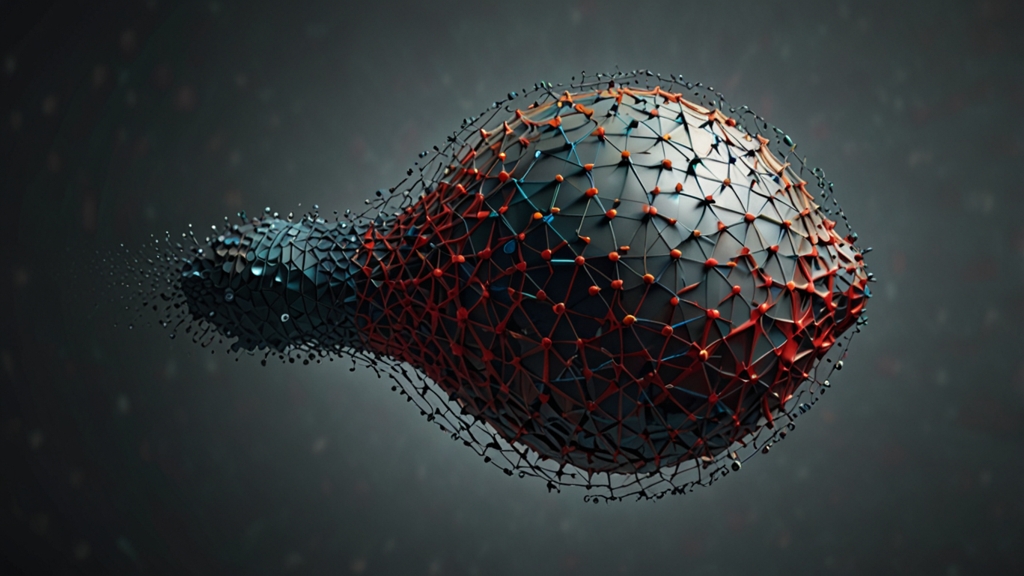Introduction
In today's fast-paced work environment, there's a common misconception that pushing through work without taking breaks equates to higher productivity. However, emerging research and expert opinions suggest that the key to more effective work lies in the counterintuitive strategy of incorporating regular breaks. This article explores why taking breaks can significantly enhance productivity, creativity, and overall job satisfaction.
The Science Behind Breaks
The human brain isn't designed to focus on a single task for extended periods. According to cognitive neuroscience, our brains operate best when we follow a rhythm of intense focus followed by periods of rest. This is often referred to as the "Ultradian Rhythm." Typically lasting between 90 to 120 minutes, these cycles are natural periods of heightened attention followed by a necessary phase of mental exhaustion. Ignoring the need for breaks during the latter phase can lead to cognitive overload and a decrease in overall productivity.
Boosting Productivity
One of the primary reasons breaks are so effective is that they help to mitigate the effects of mental fatigue. Prolonged periods of continuous work can deplete our cognitive resources, making errors more likely and diminishing the quality of output. By taking short, structured breaks, we allow our brains to recuperate, leading to enhanced focus and more effective work sessions.
“Taking breaks isn’t a sign of laziness; it’s a way to recharge your brain and get back to work with renewed energy.” – Dr. John Medina, Molecular Biologist
Enhanced Creativity
Creativity often thrives during periods of rest and relaxation. Complex problem-solving and innovative thinking require a fresh perspective, which is hard to achieve when mentally exhausted. Stepping away from a task allows the subconscious mind to continue working on the problem in a background mode, often leading to unexpected insights and creative solutions once you return to the task.
Physical Health Benefits
Sitting for prolonged periods has been linked to various health issues such as back pain, obesity, and cardiovascular problems. Short breaks that involve physical movement can mitigate these risks. Simple activities like stretching, walking, or even standing up can improve circulation, reduce muscle tension, and contribute to overall physical well-being.
“Inactivity, especially in a seated position for long periods, is now understood to be a significant health risk. Small breaks that involve some kind of movement are crucial for mitigating these risks.” – American Heart Association
Emotional and Mental Well-being
Chronic stress and burnout are common issues in modern workplaces. Breaks can serve as a mental reset, reducing stress levels and preventing burnout. Engaging in relaxing activities during a break—such as deep breathing, a short walk outside, or a brief mindfulness exercise—can significantly improve your mood and emotional state, making it easier to tackle tasks with a positive and clear mind.
Effective Break Strategies
Not all breaks are created equal. For maximum effectiveness, consider adopting the following strategies:
- **The Pomodoro Technique**: Work for 25 minutes, then take a 5-minute break. After four cycles, take a longer break of 15-30 minutes.
- **Scheduled Breaks**: Plan specific times for breaks in your day to ensure you take them regularly.
- **Physical Activity**: Use break times to move around, stretch, or take a short walk to rejuvenate both body and mind.
- **Mental Relaxation**: Engage in activities that relax your mind, such as listening to music, meditating, or reading a book.
Conclusion
While the notion of taking breaks might seem counterproductive at first, the benefits they offer in terms of increased productivity, creativity, physical health, and emotional well-being are undeniable. By integrating regular breaks into your work routine, you can enhance your efficiency and enjoy a more balanced and satisfying work life. So next time you feel the urge to power through your tasks without a pause, remember that a short break might be precisely what you need to work more effectively.
“Sometimes, the most productive thing you can do is to step outside and let yourself take a breath.” – Unknown









